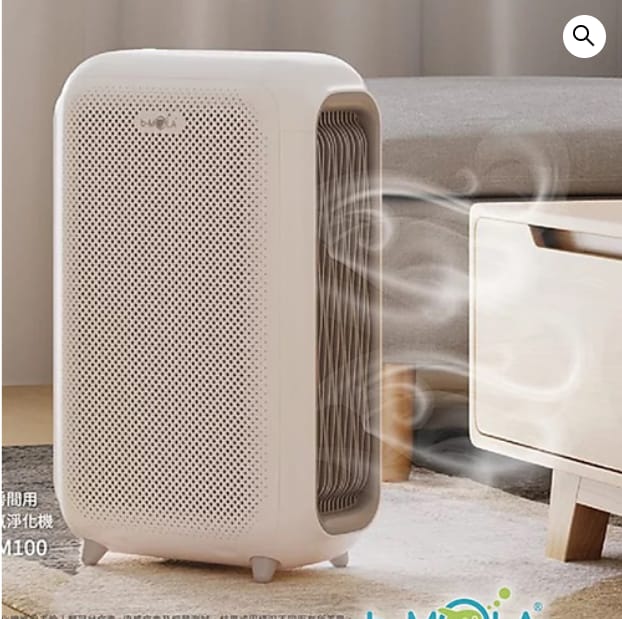
In today’s world, where pollution levels continue to rise and indoor air quality often leaves much to be desired, the importance of clean air for our health cannot be overstated. Fortunately, air purifiers offer a solution to this problem, promising to remove harmful pollutants and allergens from the air we breathe 空气净化机. In this comprehensive article, we’ll explore how air purifiers can improve your health, from reducing allergy symptoms to protecting against respiratory illnesses and more.
Understanding Indoor Air pollution: The Hidden Dangers
Indoor air pollution is a significant concern, with a multitude of pollutants lurking in our homes, workplaces, and other indoor environments. These pollutants can include dust mites, pet dander, pollen, mold spores, volatile organic compounds (VOCs), and even airborne pathogens such as bacteria and viruses. Prolonged exposure to indoor air pollution can lead to a range of health problems, including allergies, asthma, respiratory infections, and even cardiovascular disease.
The Role of Air purifiers in Improving Indoor Air quality
Air purifiers play a crucial role in improving indoor air quality by removing pollutants and allergens from the air. These devices utilize various filtration technologies, such as HEPA filters, activated carbon filters, UV-C light, and ionization, to capture and neutralize harmful particles and microorganisms. By continuously circulating and purifying the air, air purifiers help reduce allergens, odors, and airborne pathogens, creating a cleaner, healthier indoor environment.
Alleviating Allergy symptoms and Respiratory Issues
For individuals suffering from allergies or respiratory conditions such as asthma, air purifiers can be particularly beneficial. By removing common allergens such as dust mites, pollen, pet dander, and mold spores from the air, air purifiers help reduce allergy symptoms such as sneezing, coughing, wheezing, and nasal congestion. Additionally, air purifiers can help minimize asthma triggers, leading to fewer asthma attacks and improved respiratory health.
Protecting against Airborne Pathogens
In addition to allergens and pollutants, air purifiers can also help protect against airborne pathogens such as bacteria, viruses, and other microorganisms. Some air purifiers are equipped with UV-C light technology, which is effective at killing bacteria and viruses by disrupting their DNA and preventing them from reproducing. By neutralizing airborne pathogens, air purifiers help reduce the risk of respiratory infections and other illnesses caused by exposure to harmful germs.
Improving Sleep Quality and Overall Well-being
Clean air is essential not only for respiratory health but also for overall well-being and quality of life. Research has shown that breathing clean air can improve sleep quality, enhance cognitive function, and reduce stress levels. By creating a cleaner, fresher indoor environment, air purifiers contribute to better sleep, increased productivity, and a greater sense of well-being for you and your family.
Conclusion: Breathing Easy with Air purifiers
In conclusion, air purifiers offer a valuable solution for improving indoor air quality and safeguarding your health against the harmful effects of indoor air pollution. By removing allergens, pollutants, and airborne pathogens from the air, air purifiers help reduce allergy symptoms, protect against respiratory illnesses, and promote overall well-being. Whether you suffer from allergies, asthma, or simply want to breathe easier, investing in an air purifier is a step towards a healthier, happier life.
This comprehensive article explores the various ways in which air purifiers can improve health by removing pollutants, allergens, and airborne pathogens from indoor air. By highlighting the benefits of air purification technology, readers gain a deeper understanding of the importance of clean air for respiratory health, sleep quality, and overall well-being.

Leave a Reply